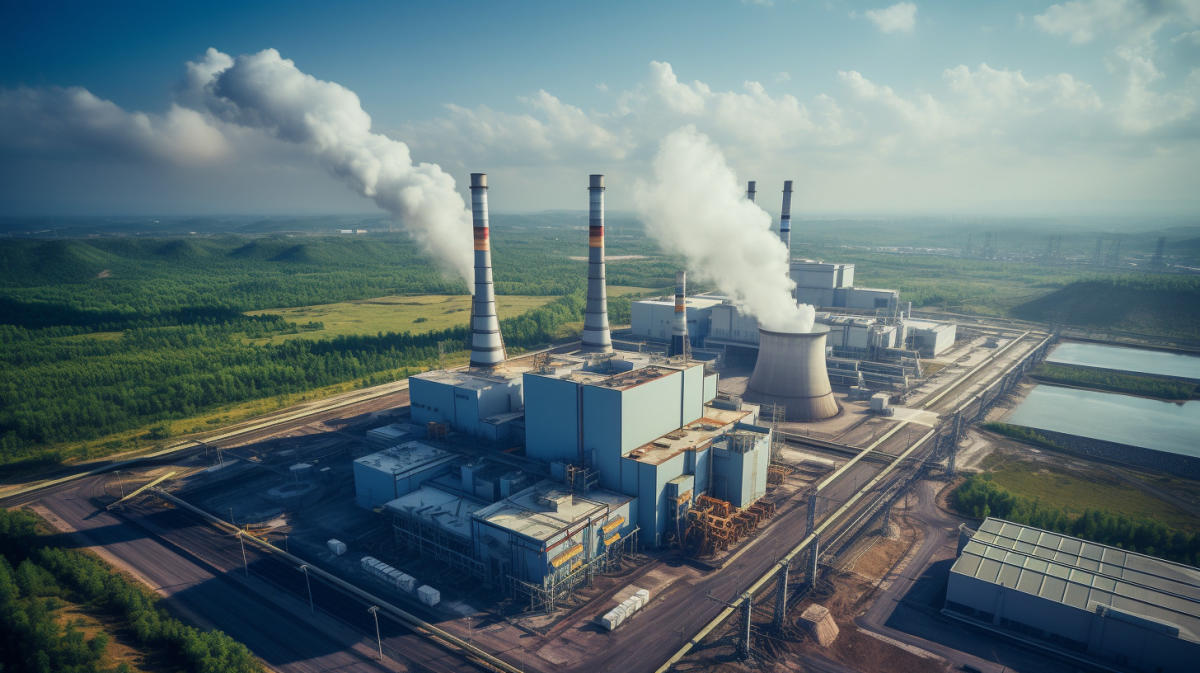World
Scots ‘still paying hundreds more for energy’ despite new Ofgem price cap

Scottish households are still paying hundreds of pounds more for gas and electricity than they were before the energy crisis hit despite Ofgem lowering the energy price cap again, a charity has warned.
The regulator announced today that it will drop its cap on the amount suppliers are able to charge from £1,690 to £1,568, effective from July 1.
This is a 7.2% decrease on the current level and will see the average bill fall by around £122 per year. But it is still £430 more than the amount that households were being charged before the energy crisis hit in the autumn of 2021.
Previous forecasts have also suggested that the price cap will rise again in October and remain roughly the same in January 2025, meaning that higher energy bills are here to stay.
Advice Direct Scotland, which runs the national energy advice service energyadvice.scot, said while the fall was welcome record levels of debt would continue pushing bills up.
The charity said the persistently high cost of gas and electricity underlined why the UK needs a social energy tariff, which would automatically put the most vulnerable customers on the cheapest deals.
The charity has been campaigning for the UK Government to work with energy suppliers to introduce the policy. Eligibility for the tariff could be determined by factors such as whether members of a household are in receipt of benefits or are on low incomes.
The charity is also highlighting differences in regional standing charges, putting Scottish consumers at a disadvantage.
Despite the overall cap decrease, revised standing charges from July will result in residents in southern Scotland paying 63.33 pence per day for electricity, compared to their counterparts in London who will pay 40.79 pence.
A larger proportion of Scots also lack access to the gas grid, relying on the more expensive electric rate for heating and cooking.
In southern Scotland, the gas unit rate will decrease to 5.4 pence per kilowatt-hour (kWh), while electricity will be priced at 21.83 pence.
Advice Direct Scotland is urging households to review how much they are paying and check whether there are better tariffs available. However, it is also concerned that many of the best value deals being offered by suppliers are aimed at more affluent households, while others are only available to those with an installed smart meter.
The charity is encouraging Scots to check the accuracy of their bills in case they are facing higher charges than they should be based on estimated usage. Those with smart meters are being urged to make sure the device is working, while those with traditional meters should submit gas and electricity readings to avoid overcharging.
Hazel Knowles, energy lead for Advice Direct Scotland, said: “Lower gas and electricity prices will come as a relief for households, but bills remain significantly higher than they were before the energy crisis began. Many people are still struggling with the cost of living and are saddled with energy-related debts, and there is no sign of energy prices falling to pre-crisis levels any time soon.
“This is why we have been calling for a UK-wide social energy tariff, which would go some way to fixing the country’s broken energy market and lifting people out of fuel poverty.”





